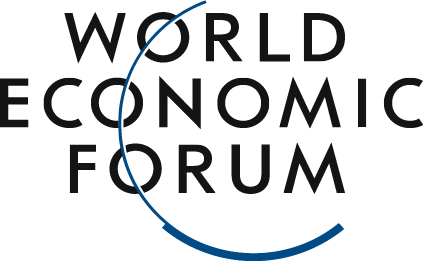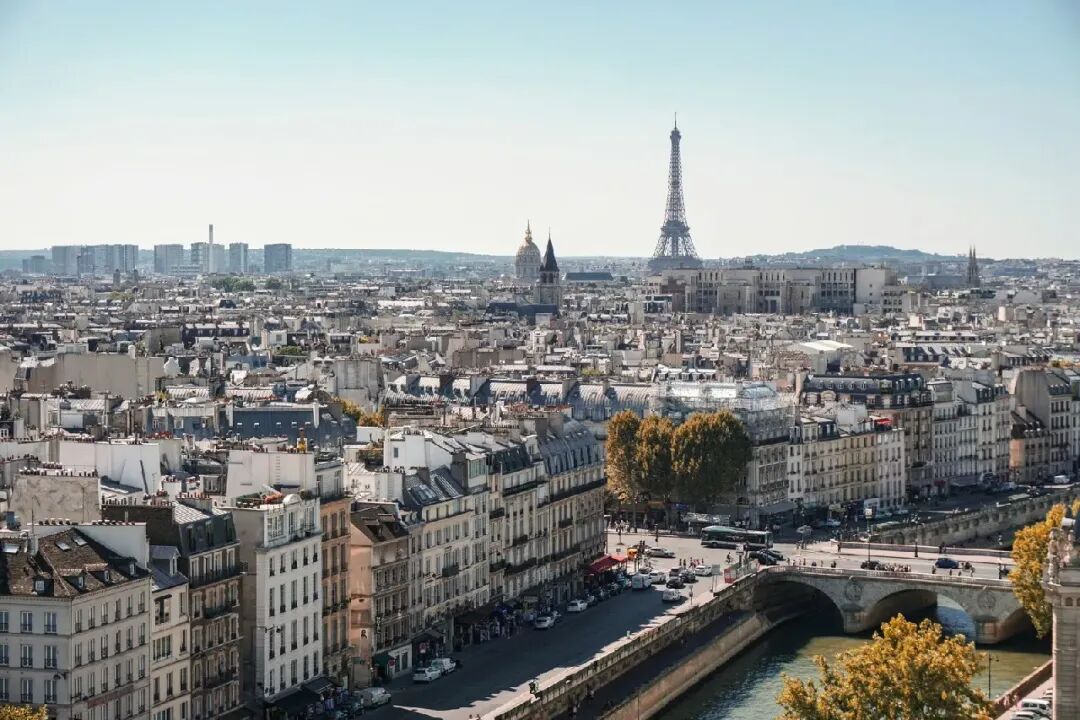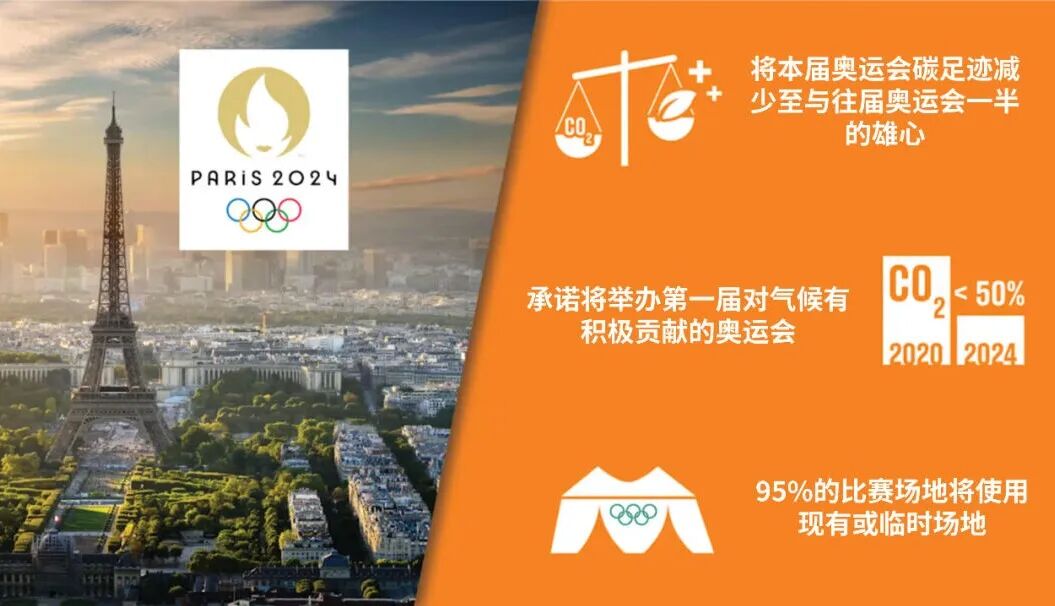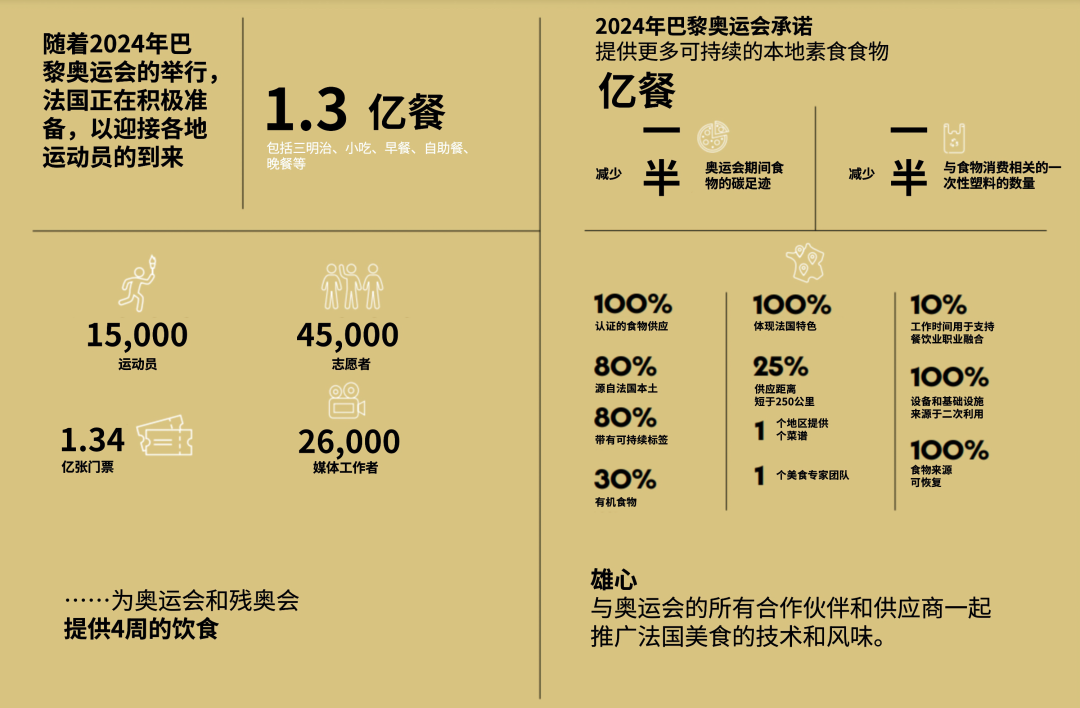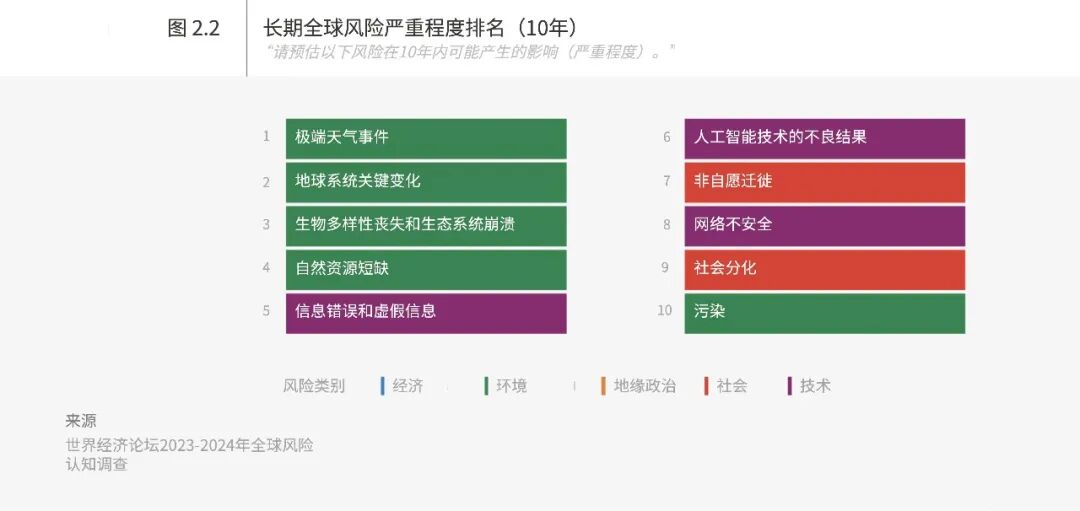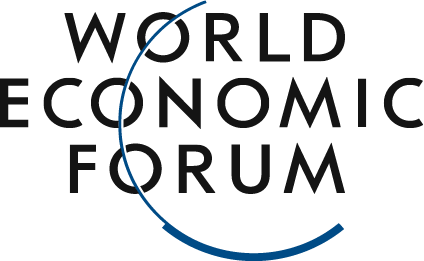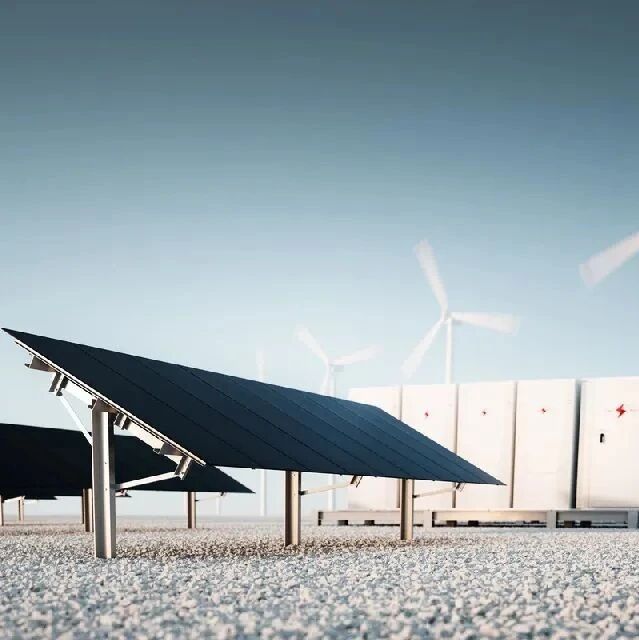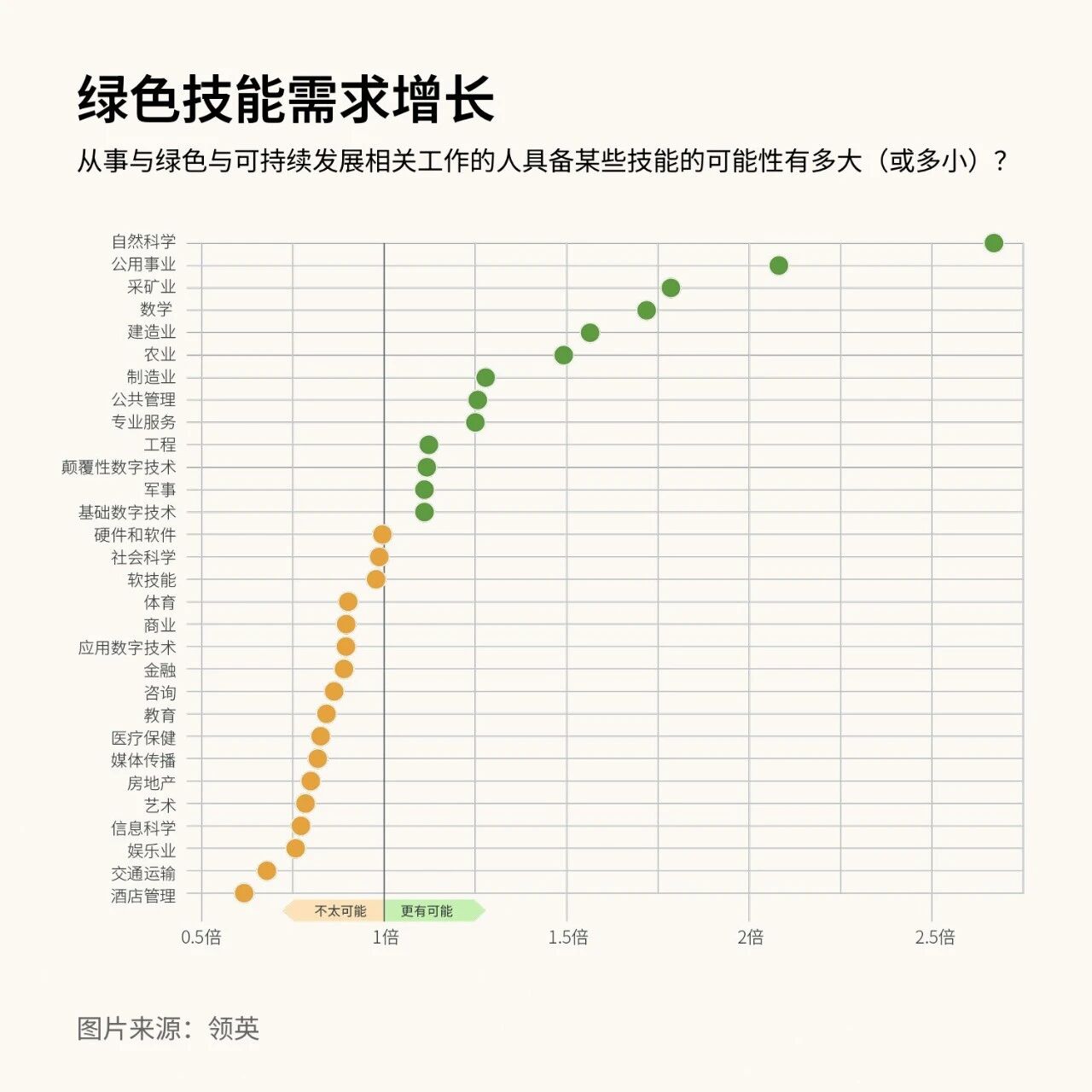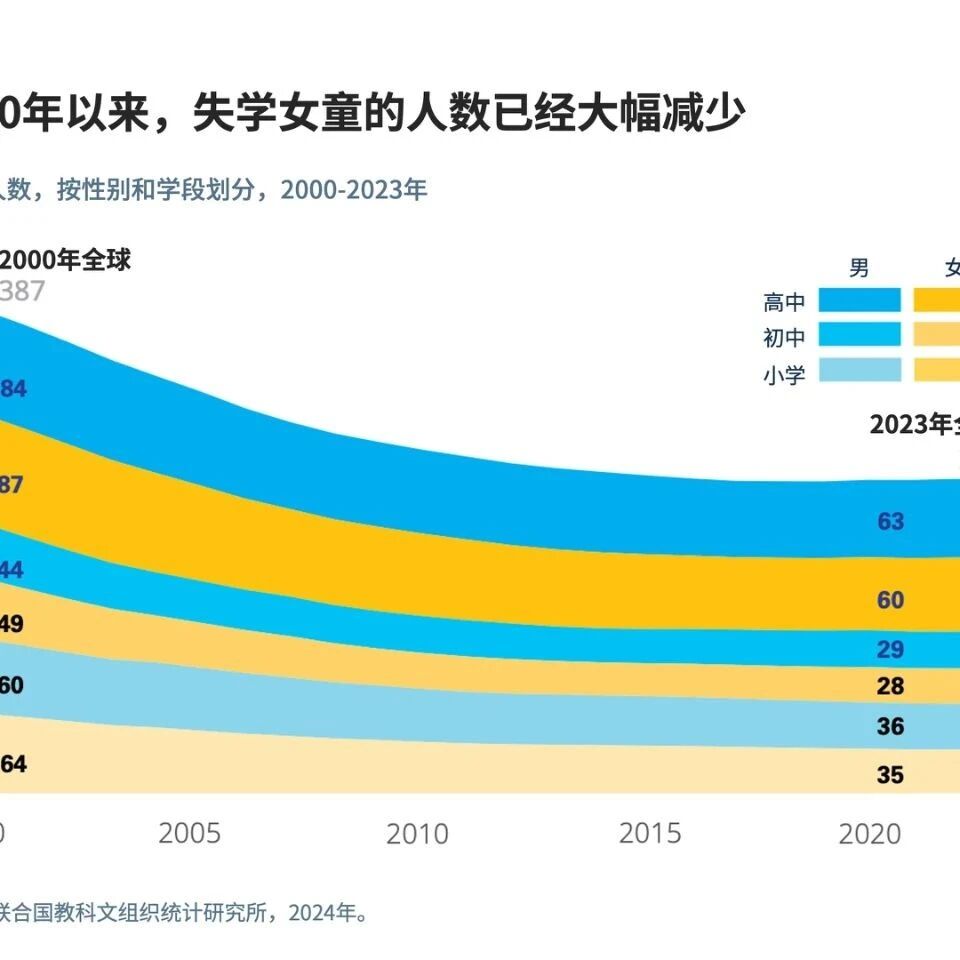Organizers of the 2024 Paris Olympics have described their sustainability ambitions as humanity's "greatest challenge."
Image source:Unsplash/Alexander Kagan
Victoria Masterson
Senior Writer for the Forum Agenda
Organizers of the 2024 Paris Olympics have announced that this edition will be the most environmentally friendly Games in history.
Their plan includes providing geothermal and solar energy to the athletes' village, as well as doubling the amount of vegetarian meals offered during the event.
The World Economic Forum's "2024 Global Risks Report" states that as more and more people opt for plant-based diets and sustainable travel, among other low-carbon lifestyles, it could lead to widespread positive impacts.
Organizers of the 2024 Paris Olympics and Paralympics have pledged that this year’s Games will set new standards for sustainable development.However, when organizers had to manage 800 Olympic events, serve 15,000 athletes and 45,000 volunteers, and provide 13 million meals, the sheer scale of the task made it clear that achieving their sustainability goals would be a monumental challenge. In fact, they described these ambitious targets as humanity’s “greatest challenge.”In prioritizing sustainable development, what efforts did the Paris Olympics make to set a benchmark that other similar events can follow?The Paris Olympics has pledged to cut the event's carbon footprint by half.
Image source:International Olympic Committee
The world's most sustainable Olympics?This year's Olympics has been hailed as the greenest in Olympic history. Organizers of the 2024 Paris Games have pledged that this edition’s carbon footprint will be lower than previous Summer Olympics.The average level of the Games has been reduced by half.Planning the "most sustainable" Olympics means limiting carbon dioxide emissions to around 1.75 million tons. The Paris 2024 Organizing Committee noted that previous Summer Olympics—including Tokyo 2020, Rio 2016, and London 2012—averaged emissions of 3.5 million tons of CO₂. Achieving even lower emissions than Tokyo’s will be particularly challenging, as the Tokyo Games were held without live spectators due to COVID-19, which naturally reduced emissions.In addition to avoiding and reducing emissions, Paris 2024’s sustainability strategy will also incorporate compensatory measures aimed at investing in environmental and social projects around the world.Reuse and Recycling for the 2024 Paris OlympicsIn the past, when hosting the Olympics, organizers typically invested heavily in building new venues. But for the 2024 Paris Games, 95% of the events will take place in existing buildings or temporarily constructed infrastructure.The Stade de France will host most of the events; it was originally built for the 1998 FIFA World Cup.Only one new competition venue was built for the 2024 Olympics: the Saint-Denis Olympic Aquatics Centre. It is powered by solar energy, and its construction materials are primarily derived from natural bio-based sources and recycled materials.CommentThe Paris Olympic Aquatics Centre is powered by solar energy and made using recycled materials.
Image source:2024 Paris Olympics
From renewable energy to recycled fishing netsThe Athletes' Village will also harness energy sources such as geothermal and solar power.According to Luxembourg's news channel RTL Today, the athletes' beds will be made from cardboard, while the mattresses will be crafted from recycled fishing nets.To promote biodiversity, a fenced and open-structured habitat was built on the rooftop to provide shelter for insects and birds. Additionally, nearly 9,000 trees were planted around the Athletes' Village to attract a variety of species.2,800 Olympic apartments will be converted into residential housing after the Games conclude.Sustainable Transportation and Food ChoicesAccording to a report by the UK's The Guardian, the 2024 Paris Olympics will feature other sustainability-focused initiatives, such as the development of a 1,000-kilometer-long network of bike lanes and the planting of 200,000 new trees across the city streets.The Paris Convention and Visitors Bureau announced that an additional 3,000 pay-as-you-go bicycles will be available. Moreover, most of the Olympic venues are easily accessible via public transportation. During the Games, Paris is expected to welcome approximately 15 million visitors.This year’s Olympics has also pledged to double the amount of vegetarian food it provides and cut its use of single-use plastics by half, aiming to reduce carbon emissions and minimize waste.Olympic organizers are doubling the amount of vegetarian food offered and cutting single-use plastic items by half.
Image source:2024 Paris Olympics
Why sustainability is essentialThe World Economic Forum, in its latest "Global Risks Report 2024," stated that as more people embrace low-carbon lifestyles—such as vegetarian diets and sustainable travel—their choices could generate widespread positive impacts.The forum added that such collective action can reshape market dynamics and "drive progress in slowing climate change." Making sustainable and ethical choices is crucial for businesses to advance global progress, while collective action can help prepare the world to tackle global risks effectively.By 2034, environmental risks will account for four of the top five risks identified in the report.The World Economic Forum's "Global Risks Report 2024" highlights that environmental risks account for four of the top five risks.
Image source:2024 Global Risk Report
Extreme weather events and critical changes in Earth's systems—such as climate tipping points linked to global warming—are two major risks. Biodiversity loss, ecosystem collapse, and shortages of natural resources are also listed among the four most significant global risks.The forum stated: "While the actions of individual citizens, companies, or even nations may seem insignificant on their own, when combined, they can create a powerful ripple effect, driving down global risks."
The above content solely represents the author's personal views.This article is translated from the World Economic Forum's Agenda blog; the Chinese version is for reference purposes only.Feel free to share this on WeChat Moments; please leave a comment below the post if you’d like to republish.
Translated by: Wu Yimeng | Edited by: Wang Can
The World Economic Forum is an independent and neutral platform dedicated to bringing together diverse perspectives to discuss critical global, regional, and industry-specific issues.
Follow us on Weibo, WeChat Video Accounts, Douyin, and Xiaohongshu!
"World Economic Forum"
